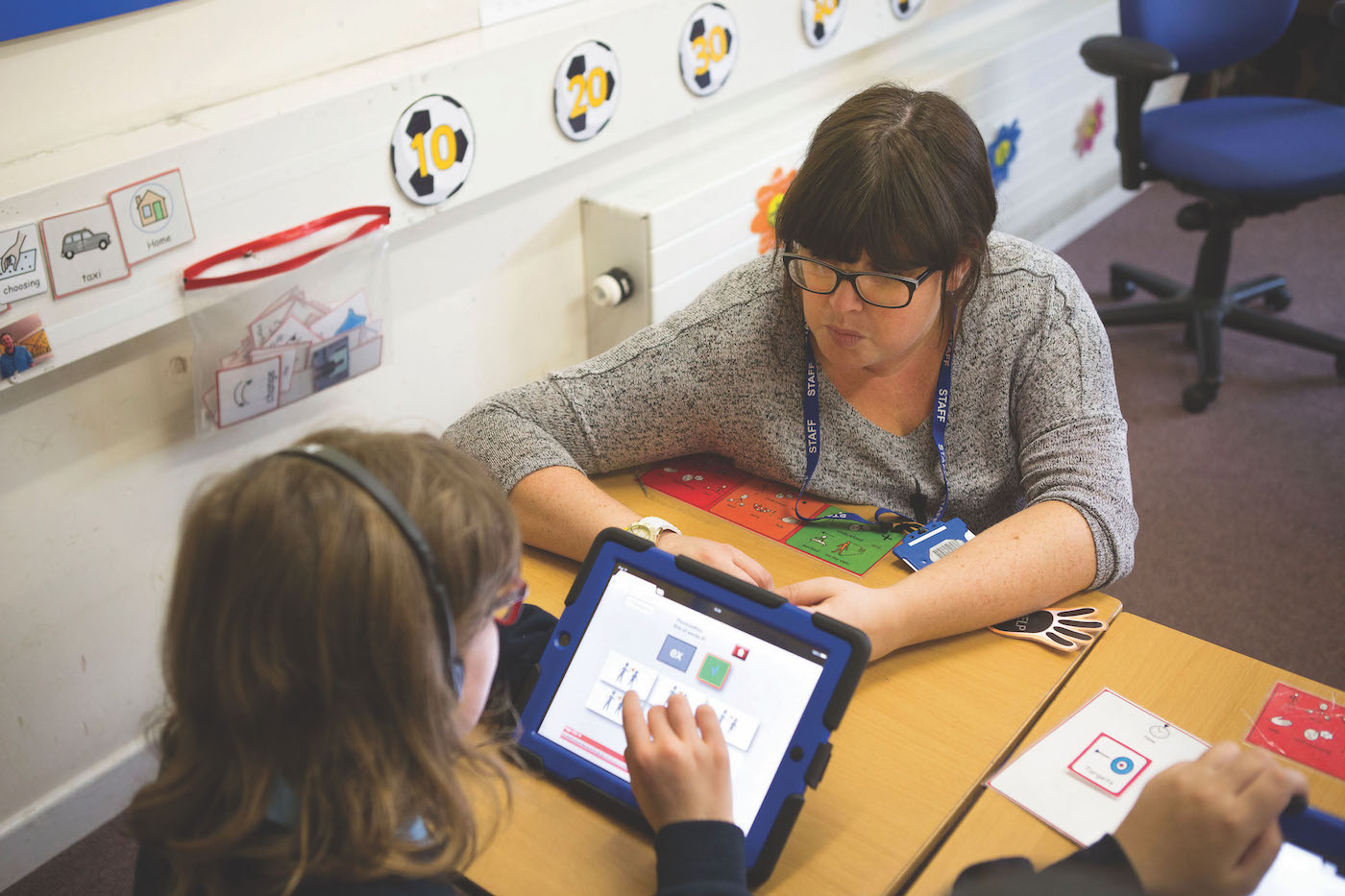
What is the reception baseline assessment (RBA)?
Since September 2021, it’s statutory that primary schools conduct a reception baseline assessment (RBA) to understand children’s abilities in:
- Language, communication, and literacy
- Mathematics
The RBA must be carried out within the first 6 weeks of a pupil starting in a reception class (Y1, KS1).
Children join primary school reception classes with a range of abilities. Some have attended nurseries, others haven’t. For some, this will be their first experience in any kind of school environment.
Some children’s parents and guardians will read to them, and will have helped them gain an understanding of the basics of reading, even writing, letters, and phonics. Other’s won’t come to primary school with these advantages.
Some children will come from difficult home environments, and others will have special educational needs and disabilities (SEND), or other learning difficulties, such as dyslexia, making reading, writing, and literacy more challenging for them.
The RBA is designed to assess children’s attainment levels for Language, communication, literacy, and mathematics so that these results can be compared against the progress pupils make from reception until the end of key stage 2 (KS2).
Although no scores are provided, teachers are given “a series of short, narrative statements that tell them how their pupils performed in the assessment. These can be used to inform teaching within the first term.”
 from TES.png)
When should the reception baseline assessment (RBA) be administered by primary schools?
The Department for Education (DfE) advises that the RBA is administered in the first 6 weeks of a pupil starting in a reception class (Y1, KS1. In most cases, this needs to be completed before mid-October, before the October half term.
What do primary, reception, KS1 teachers need to know about the reception baseline assessment (RBA)?
- The RBA is a short, task-based assessment. It is not used to label or track individual pupils.
- Schools are required to carry out the assessment within the first 6 weeks of pupils starting reception.
- No numerical score is shared and the data will only be used at the end of year 6 to form the school-level progress measure.
- The DfE will publish these measures for all-through primaries in the summer of 2028 for the first time. This will be when those pupils who entered reception in the academic year 2021 to 2022 reach the end of KS2.
- If you have any questions about the RBA in the academic year 2023 to 2024, please contact the reception baseline assessment helpline on 0330 088 4171 or email [email protected]
- From September 2024, schools will need two devices to administer the RBA. One device will be used by the teacher to administer the assessment and the pupil will need to use a separate touchscreen device to respond to some of the questions.
- The assessment will remain interactive and retain the use of physical resources for other questions. This change supports accessibility and aligns with developments in classroom practice.
- For more information, please refer to the DfE guidelines and documentation supporting the roll-out of the RBA.
ReadingWise and Primary School (KS1 - KS2) Assessments 2023 - 2024: Our Resources
In 2018 as part of a government-funded study, the impact of ReadingWise Zip was explored in 17 schools across year 1. The impact was promising as the reading gap between chronological age and reading age closed in a short space of time.
ReadingWise Zip is extremely easy to deliver and in effect 'fills in the gaps' in learners' phonics knowledge as the programme understands each child's strengths and weaknesses and therefore focuses on the areas that need more work. ReadingWise Zip is not a full phonics programme but a supplementary resource that can support and reinforce your phonics programme.
To trial ReadingWise Zip please arrange a demo through the link below and we look forward to discussing your needs.
Find out everything you need to know about ReadingWise Zip and other ReadingWise modules for your primary school with our friendly, knowledgeable team.
Take a look at our other modules that would benefit pupils at primary school. Over 100,000 pupils in UK schools have completed a ReadingWise programme!
ReadingWise produces massive improvements in reading fluency, reading skills, and literacy in a short timescale. A Department for Education (DfE) RCT study found ReadingWise increased reading ages by 9.5 months in 1 term and ReadingWise pupils improved twice as fast compared to the control group.









